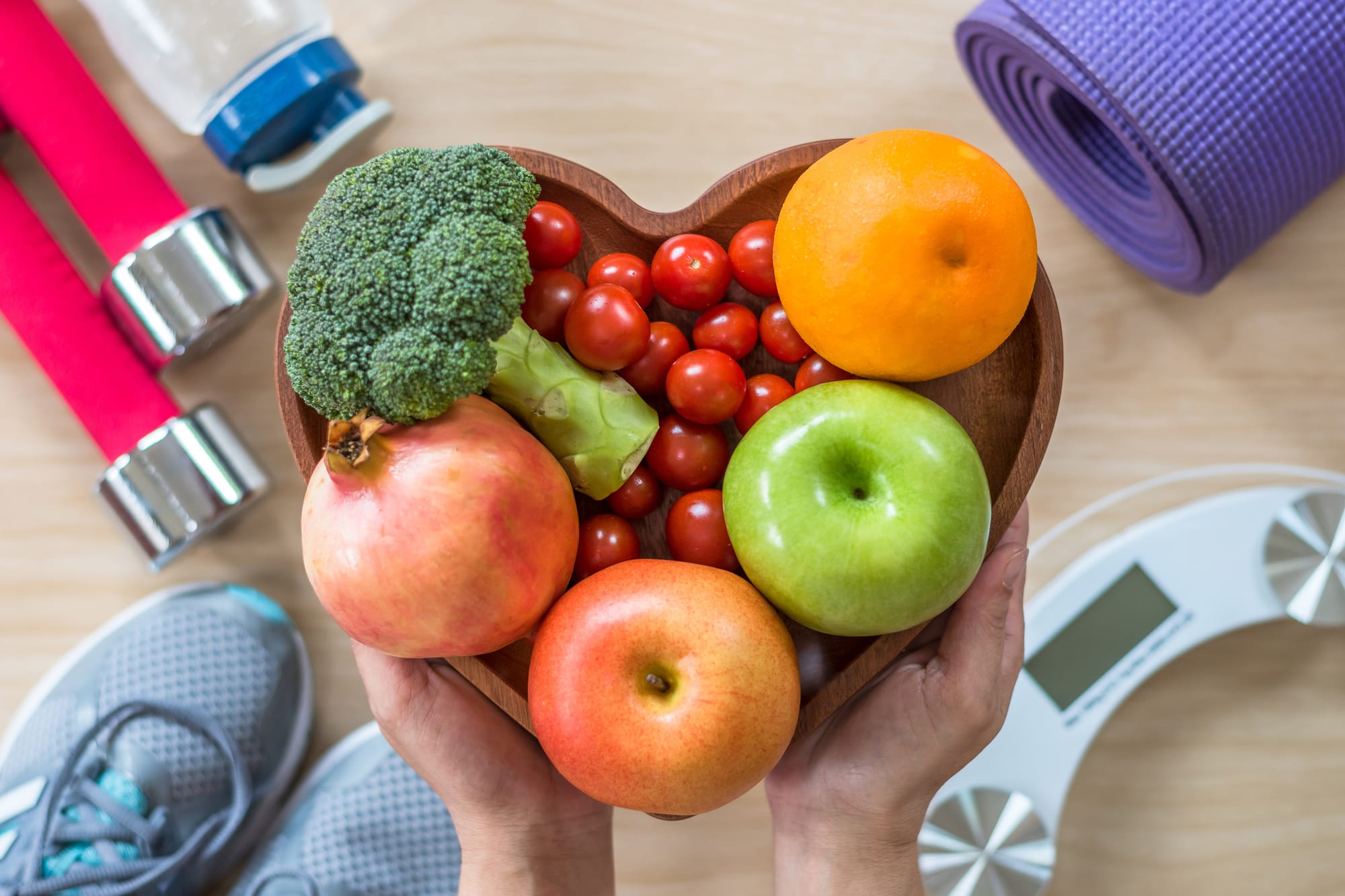Eat to Nourish: How to Create a Healthy Relationship with Food

As a female who grew up in a household obsessed with food and weight loss, and developed an eating disorder at the age of 8, arriving at a place where I have created a healthy relationship with food and my body was certainly not something that came easily to me this lifetime.
In a world saturated with fad diets, food guilt, and body image pressures, many of us have forgotten the most important truth about eating: food is meant to nourish, not punish and your workout regime, well, it is meant to leave you feeling energised and happy, rather than depressed, depleted or critical of your body.
Spending time with some friends recently, I was a bit taken aback when a couple of people in the group teamed up and started harping on about how I was on a ‘special diet’, making a fuss over the fact that I wouldn’t eat meat or drink masses of wine and cocktails.
This struck me as a little odd because the truth of the matter was, I was not on a diet at all. I was sticking to a health regime that helped me feel wonderful and energised, which was built on healthy habits I developed throughout my recovery in my 20’s.
Developing a healthy relationship with food and isn’t just about what you eat—it’s about how you think, feel, and behave around food. It’s about creating peace, not perfection in your body. It’s about sticking to what works for you and makes you feel your best, and listening to what you need rather than criticism from people who don’t prioritize their own well-being as much.
If you're feeling overwhelmed and still struggling to find what makes you feel your best, here are some of my key tips for building a healthier, more sustainable connection with yourself and the food on your plate;
1. Ditch the Diet Mentality
The first step to healing your relationship with food is to let go of the all-or-nothing thinking that diets promote. Constant restriction leads to cycles of deprivation and bingeing, followed by guilt. Instead, shift your focus from weight loss to nourishment and well-being. Food isn’t the enemy—it’s fuel, pleasure, and connection.
Try this: Unfollow social media accounts that promote extreme dieting or unrealistic body ideals. Follow those who embrace food freedom, intuitive eating, and body neutrality.
2. Practice Mindful Eating
Mindful eating helps you tune into your body's hunger and fullness cues. It means eating without distraction, slowing down, and savouring each bite. When you eat mindfully, you're more likely to make choices that support how you want to feel, not just in the moment, but long-term.
Try this: Before you eat, ask yourself, “Am I truly hungry?” Then check in halfway through the meal: “How satisfied do I feel right now?”
3. Remove the Morality from Food
Food has no moral value—it's not “good” or “bad.” Labelling foods this way creates shame and guilt around eating. A healthy relationship with food includes kale and cake. When all foods are allowed, you reduce the emotional charge and regain balance.
Try this: Challenge yourself to enjoy one “forbidden” food without guilt. Reflect on how it made you feel physically and emotionally.
4. Listen to Your Body, Not External Rules
Everybody is unique. Learn what energizes you, what satisfies you, and what foods help you feel your best. Forget rigid rules and trendy food lists. Consider getting a test run to establish what does and doesn't agree with your body (e.g., Sensitivity Tests).
Build trust in your own body’s signals—it knows what it needs. Having worked alongside bodybuilders, one thing lots of people don’t realise is that when their body fat drops down to 2%, though they look pretty, they feel like death and have no energy or ability to focus and get tasks done. Make sure you focus on how you feel, not how you look, and put things in your body that agree with it.
Try this: Keep a gentle food and mood journal to track patterns, not calories. Notice which foods make you feel intense, focused, or sluggish.
5. Seek Joy and Connection in Eating
Food is cultural, emotional, and social. Some of your best memories likely involve meals shared with loved ones. Celebrate that! Food can be both functional and joyful. Let it be a source of pleasure, not stress.
Try this: Plan a meal with a friend or family member where the focus is on enjoyment and connection, not calories or macros.
Creating a healthy relationship with food is a journey, not a destination. It requires patience, compassion, and unlearning years of societal conditioning. It also takes developing a thick skin and ignoring people who belittle your self-care habits as something other than that.
Once you arrive at a place of balance, food becomes what it was always meant to be: a source of life, joy, and freedom.
Ditch the diet drama and embrace food freedom - you deserve to feel at peace with your body and the way you eat. Start today, one kind choice at a time.
Reach out today if you want some help finding balance. My Integrated Wellness Plans are designed to help you understand what works best for you and tune into your body.